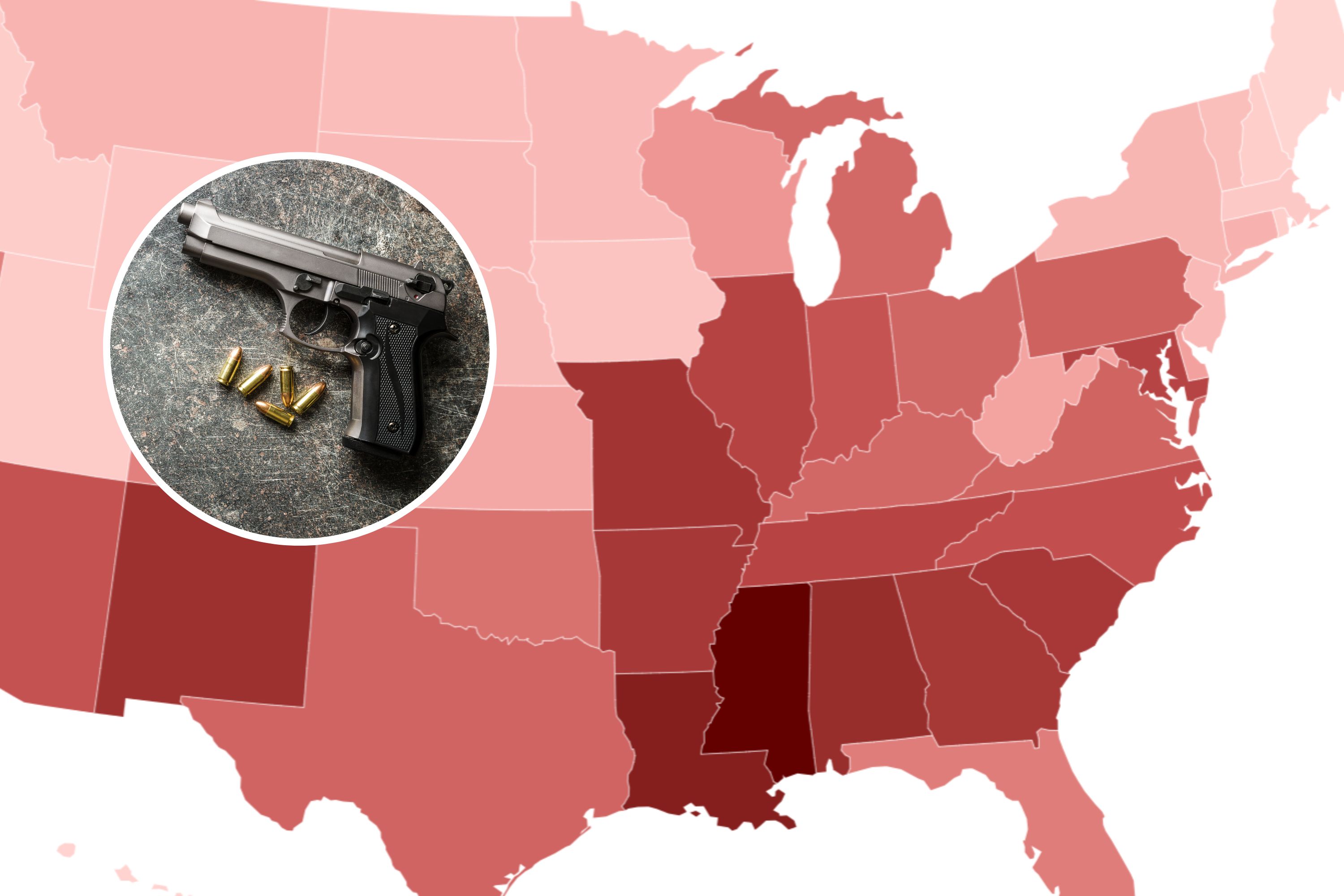The Department of Defense's new report on China's military posture examines the country's escalating coercion campaign against Taiwan in recent years, taking the form of military drills, including a simulated blockade, ballistic missile overflights, and a rising number of warplane sorties in the skies around Taiwan.
The report goes on to outline six scenarios that could prompt China to take military action in neighboring Taiwan, which it Beijing considers one of its red lines.
Formal Declaration of Independence
After losing the Chinese Civil War to Mao Zedong's communists in 1949, the Republic of China fled to Taiwan and set up a rump state there. The island had previously been occupied by the Japanese from 1895-1945 and under nominal control of China's last imperial dynasty—the Qing—before that.
The People's Republic of China never governed Taiwan, though it claims it as its territory. After decades of threatening war if Taiwan declared itself to be de jure independent, China's rubber-stamp legislature in 2005 codified the threat with the Anti-Secession Law.
Undefined Moves Toward Taiwan Independence
For its part, the Taiwanese authorities have studiously skirted an outright Declaration of Independence, preferring instead to maintain the status quo.
U.S. policy also favors the ambiguity of this status quo. Since switching official recognition from Taipei to Beijing in 1979, Washington has made a number of assurances to each side—acknowledging China's position that it is the one true China while guaranteeing Taiwan has adequate means to defend itself—without confirming whether it would come to Taiwan's aid in a conflict.
In a 2020 interview with the BBC, Taiwanese President Tsai Ing-wen said there was no need for Taiwan to declare itself independent because "we are an independent country already."
Internal Unrest Within Taiwan
China has signaled it would use force against its much smaller neighbor in the event of "internal unrest" in Taiwan.
Though Chinese leaders frequently refer to anti-unification political leaders and their supporters as "separatist forces," this, of course, comprises the bulk of the Taiwanese population. Taiwanese society has developed along a generally peaceful course since embarking on a path to democratization in the late 1980s. Taiwan is also one of the safest countries in the world.
Taiwan's Acquisition of Nuclear Weapons
Taiwan does not possess nuclear weapons, nor has evidence surfaced suggesting it is pursuing them.
Taiwan once had an own covert nuclear weapons program, launched in the 1960s after China got the bomb. However, in the late 1980s the United States caught wind of how far along this project was and forced Taiwan to abandon its nuclear ambitions.
Indefinitely Delayed Cross-Strait Dialogue on Unification
Speaking at the twice-a-decade National Congress of the Chinese Communist Party last October, Chinese President Xi Jinping reiterated that unifying Taiwan with China is a necessary and inevitable step for the "rejuvenation of the great Chinese nation."
Later that week, U.S. Secretary of State Antony Blinken said China had changed its calculus on the status quo of the Taiwan Strait and was "determined to pursue reunification on a much faster timeline."
An August poll conducted by the Taiwanese Public Opinion Foundation found that only 11.8 percent of Taiwanese support unifying with China, while 48.9 percent support eventual de jure independence. Another 26.9 percent support the maintaining the status quo, which is the official position of both the independence-leaning ruling Democratic Progressive Party and its main rival, the Chinese Nationalist Party.

Foreign Military Intervention in Taiwan's Internal Affairs
The stationing of foreign troops on Taiwanese soil is one potential catalyst of a Chinese invasion include in a Taiwanese Defense Ministry white paper last year.
China issued "stern warning" to "separatists and foreign forces last month and conducted military exercises around Taiwan last month after the White House approved an $80 million weapons package to the island country.
Taiwan's Ministry of National Defense reported Friday that 25 People's Liberation Army aircraft had flown sorties into the strait, 18 of which were detected crossing the midpoint of the Taiwan Strait, an unofficial no-mans-land that China once tacitly respected.
The former chief of the U.S. Indo-Pacific Command warned this week that the U.S.'s upgrades to the Navy and Air Force were aimed at preparing for a war in the "mid-2030s," but that any conflict with China would likely come well before that.
Uncommon Knowledge
Newsweek is committed to challenging conventional wisdom and finding connections in the search for common ground.
Newsweek is committed to challenging conventional wisdom and finding connections in the search for common ground.
About the writer
Micah McCartney is a reporter for Newsweek based in Taipei, Taiwan. He covers U.S.-China relations, East Asian and Southeast Asian ... Read more





